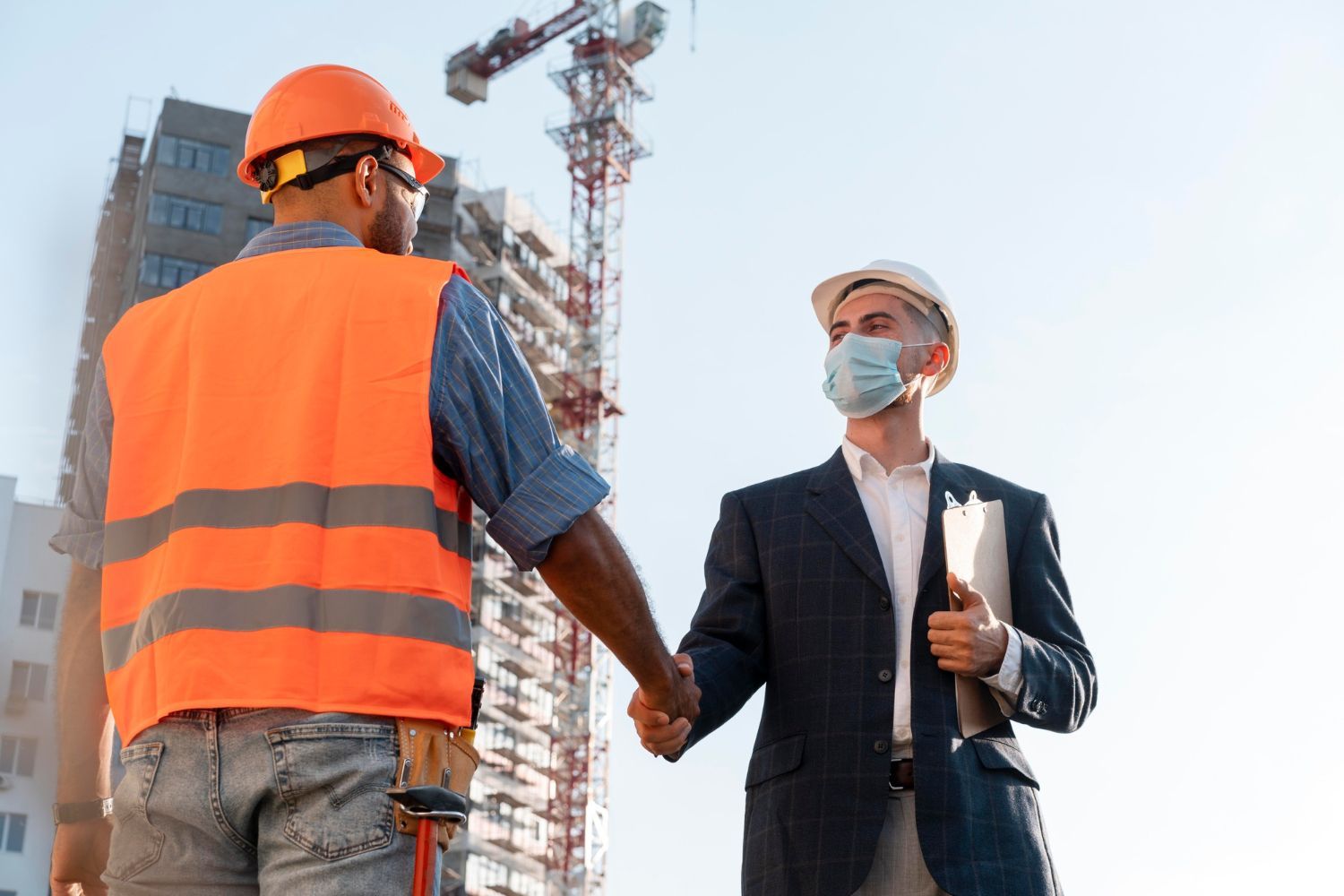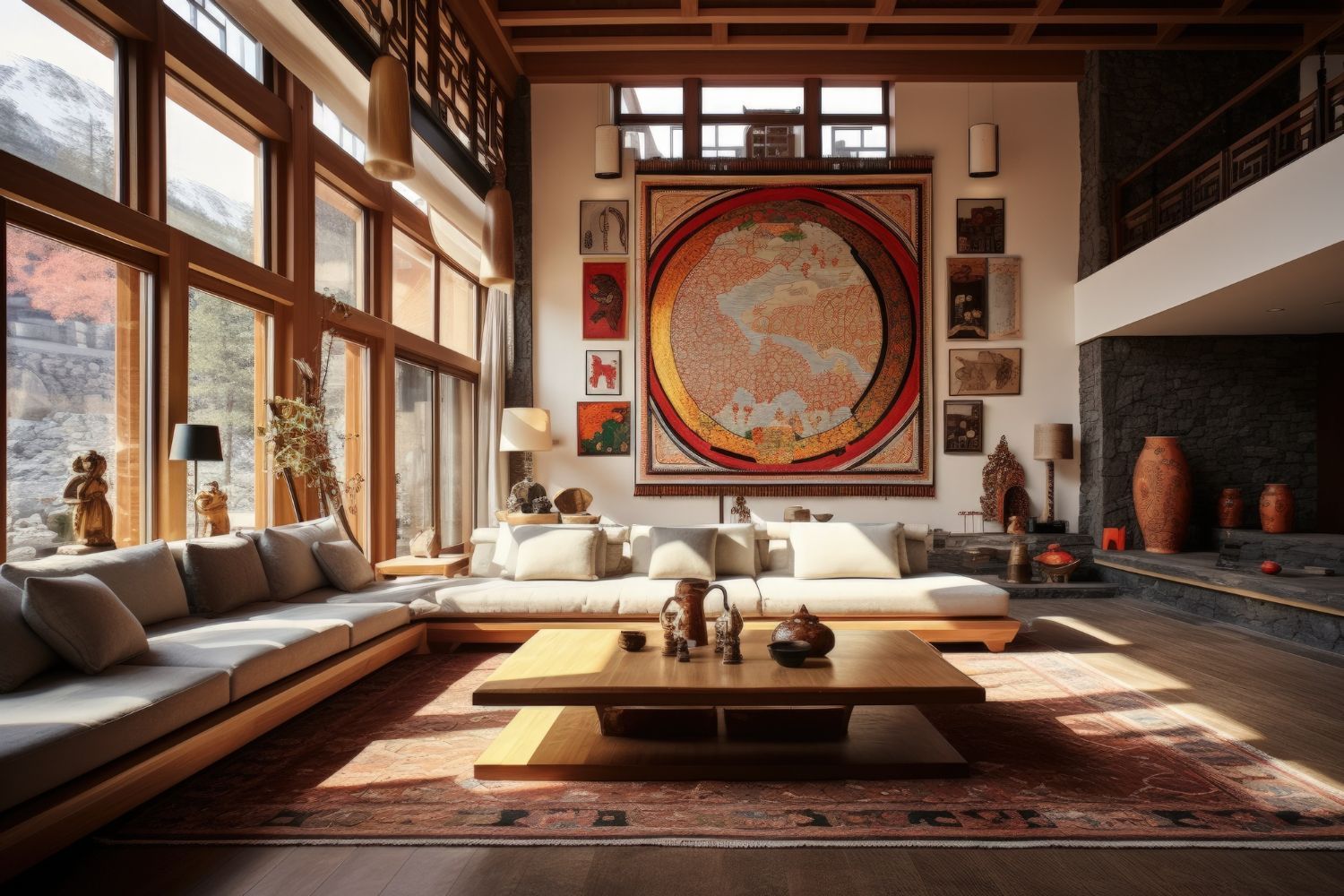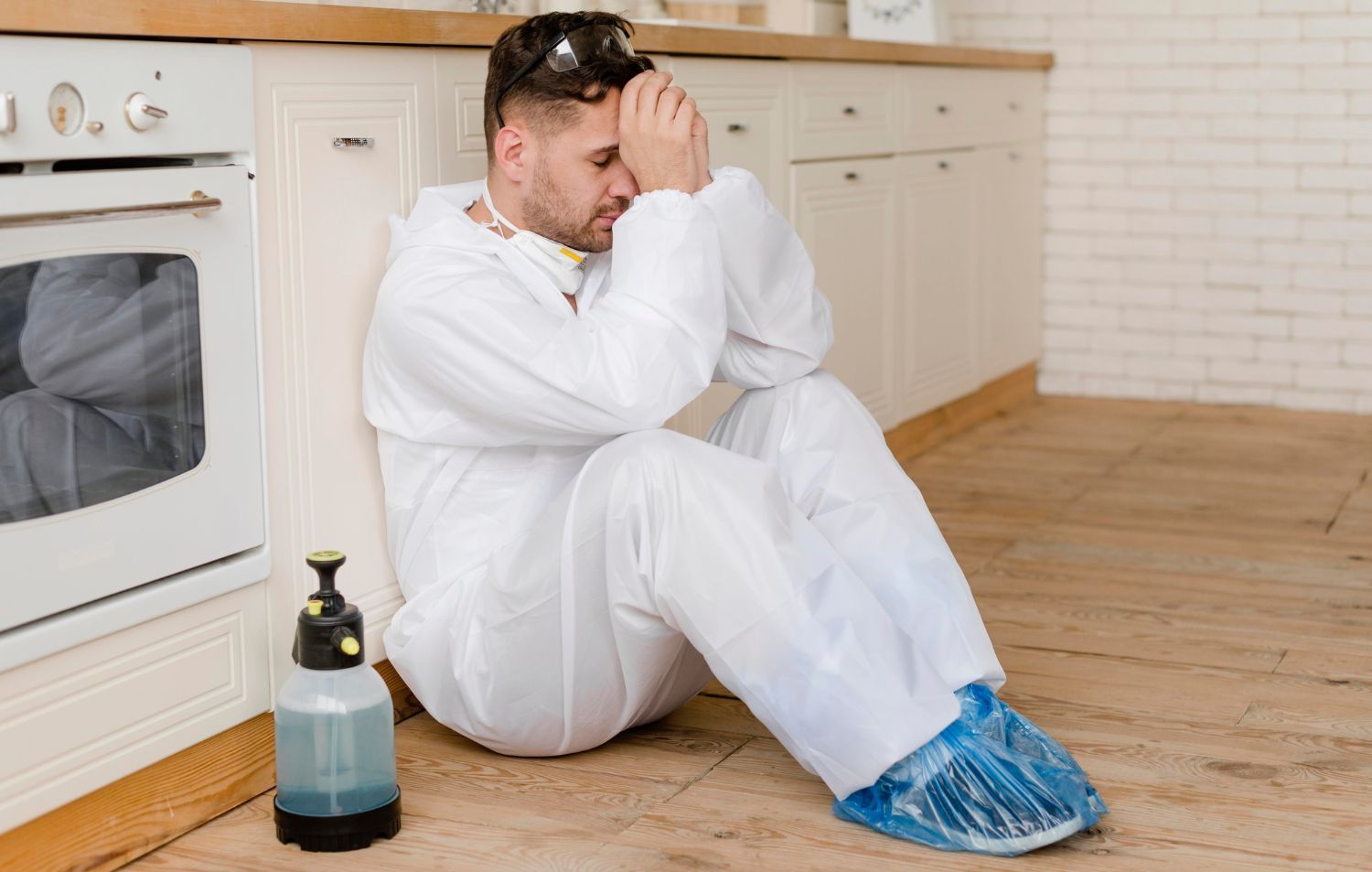Commercial Roofing Systems Explained: What’s Right for Your Building?
Choosing the right roofing system for your building is key. It affects the structure's strength, energy use, and value. Knowing the different commercial roofing types is vital
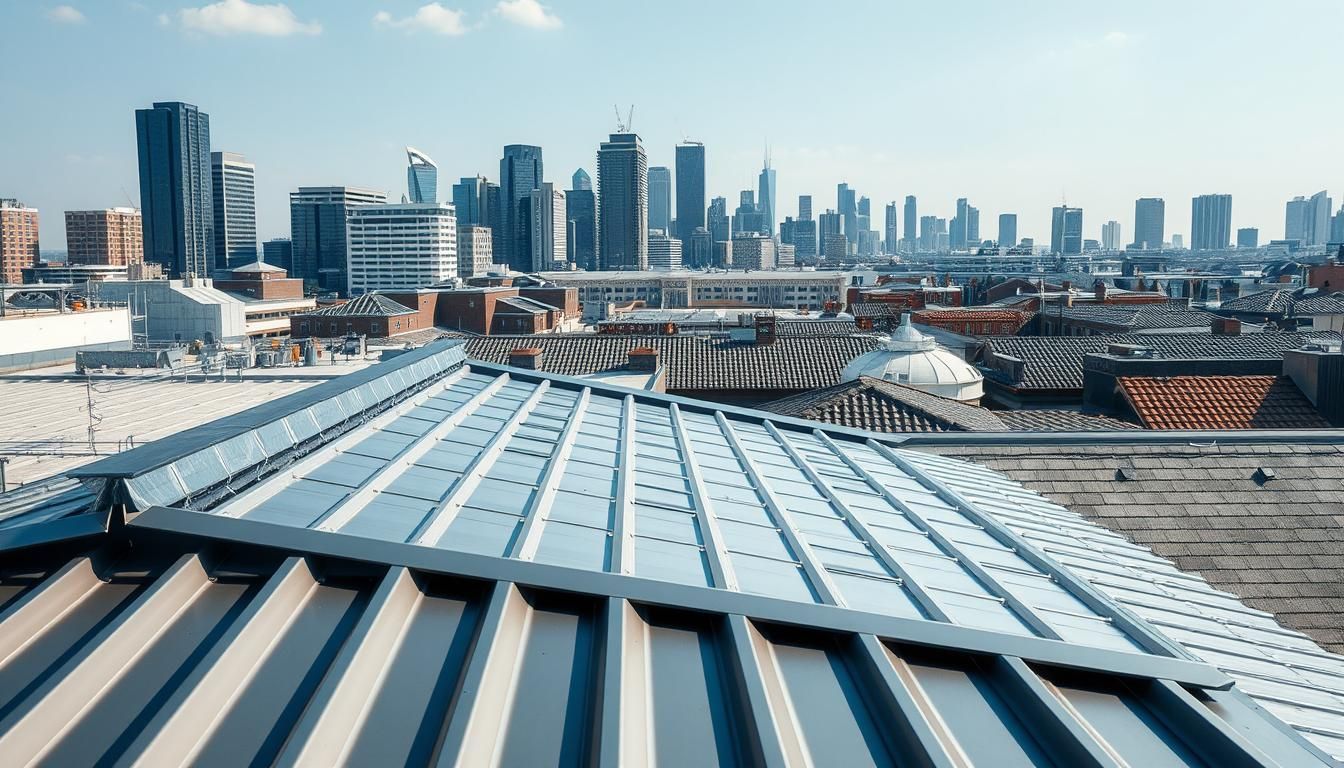
A good roofing system lasts for decades if installed right. But, a bad choice or installation can cause big problems and costs.
Every building needs a specific roofing solution. Climate, design, and budget are important in picking the best one.
Key Takeaways
- Understanding the different types of commercial roofing systems is essential.
- The right roofing system can improve energy efficiency and building value.
- Factors like climate, building design, and budget influence the choice of roofing system.
- A well-designed roofing system can last for decades.
- Poor installation can lead to costly repairs.
Understanding Commercial Roofing Needs
It's key to know the special needs of commercial roofing for building owners. Commercial roofs are made for businesses, which have different needs than homes.
Key Differences Between Commercial and Residential Roofing
Commercial roofs are bigger and more complex than home roofs. They need special materials and ways to install them. Commercial roof contractors must think about how to get to the roof, drainage, and the weight of the materials.
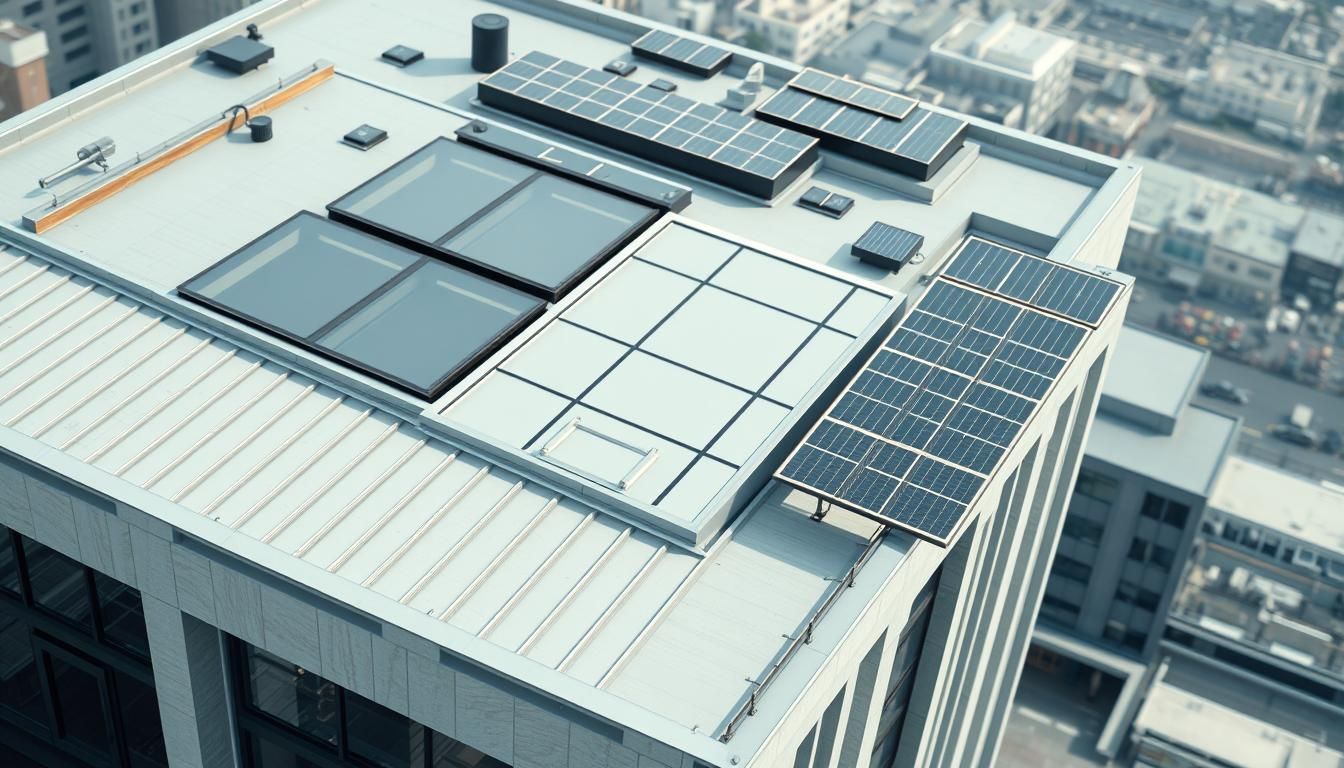
Common Challenges for Commercial Buildings
Commercial buildings have big roof areas and complex drainage systems. They also need regular upkeep. Weather, like heavy rain or cold, can affect the roof's performance.
Assessing Your Building's Specific Requirements
To find the right roofing, owners should look at their building's needs. They should think about the weather, how the building is used, and local rules. This helps pick the best materials and design.
Types of Commercial Roofing Systems
Commercial roofing systems come in many types, like single-ply membranes, built-up roofing, and metal roofing. The best choice depends on the climate, building design, and budget. In Seattle, Seattle roofing companies can help pick the right one for local buildings.
Single-Ply Membrane Roofing (TPO, EPDM, PVC)
Single-ply membrane roofing is popular for its durability and weather resistance. TPO and EPDM are common, known for their flexibility and UV ray resistance. PVC membranes are also used, valued for their chemical resistance and durability.
Built-Up Roofing (BUR) Systems
BUR systems have multiple layers of asphalt and roofing felt. They are strong and can handle heavy foot traffic and harsh weather. This makes them a good choice for commercial buildings.
Modified Bitumen Roofing
Modified bitumen roofing mixes asphalt with rubber or plastic. It's durable and flexible, and can be installed in different ways, like torch-down.
Metal Roofing Systems
Metal roofing is becoming more popular for its energy efficiency, durability, and looks. It can be made from metals like aluminum, steel, and copper. It's recyclable and weather-resistant.
Green Roofing and Sustainable Options
Green roofing plants vegetation on the roof, insulating and reducing stormwater runoff. It also creates habitats for wildlife. While it needs extra support, it's a long-term benefit for buildings wanting to reduce their environmental impact.
Choosing a commercial roofing system requires talking to experienced commercial roofing services. They can make sure the system fits the building's needs and follows local rules.
Comparing Durability and Lifespan
The life of a commercial roof depends on many things, like the roofing system used. Each system has its own durability and lifespan. It's key to compare these when picking a roof for your building.
Short-Term vs. Long-Term Roofing Investments
Building owners must think about short-term or long-term roofing choices. Costs are important, but so are long-term benefits and savings. More durable systems can save money in the long run.
Weather Resistance and Climate Considerations
A commercial roof must handle different weather. Materials vary in how well they resist rain, snow, and sun. For example, EPDM roofing membranes are very weather-resistant.
Maintenance Requirements by Roof Type
Each roofing system needs different care. For example, built-up roofing (BUR) needs regular checks and upkeep. Knowing these needs helps keep your roof in good shape longer.
Signs It's Time to Replace Your Commercial Roof
Knowing when to replace your roof is important. Look for leaks, wear, and higher energy bills. Talking to commercial roof contractors can guide you on what to do next.
Installation Requirements and Processes
Getting a commercial roofing system installed right is key. It makes sure the roof can handle different weather and lasts as long as it should.
Preparation and Planning Steps
Before starting, there are important steps to take. You need to check the building's structure and pick the right roofing materials. Also, getting the right permits is a must. Commercial roofing services teams should be ready and have the right tools.
Typical Installation Timelines
The time it takes to install a roof varies. It depends on the roof's size, the type of system, and the weather. Installations can take anywhere from a few days to weeks. Knowing this helps owners plan and avoid big disruptions.
Structural Considerations and Building Codes
It's vital to think about the building's structure and follow local building codes. This means the roof's design and materials must meet or go beyond local rules. They also need to hold the weight of the roofing system.
Minimizing Business Disruption During Installation
To avoid big problems, commercial roofing services teams often work when it's less busy. Owners can also get ready by moving important stuff away from the area.
By paying attention to these important details, owners can make sure the commercial roofing installation goes smoothly. This improves the building's value and meets the owner's needs.
Cost Analysis of Commercial Roofing Options
The cost of a commercial roof is more than the first price you pay. It also includes ongoing costs like maintenance and energy use. Plus, there are savings to consider.
Initial Installation Expenses by System Type
Each roofing type has its own start-up costs. For example, single-ply membrane roofing is often cheaper to put in than metal roofing systems. This is because metal roofs cost more for materials.
Long-Term Maintenance Costs
Maintenance costs can add up over time. Systems like built-up roofing (BUR) and modified bitumen roofing might need more upkeep. This can raise their long-term expenses.
Energy Efficiency and Possible Savings
Some roofs, like green roofing and cool roofing, save energy. They can cut down on your energy bills. This might make up for their higher initial costs.
Tax Incentives and Rebates for Certain Roofing Types
Some roofs, like energy-saving ones, might get tax breaks or rebates. For instance, a green roof in Seattle could save on energy and get local incentives. This makes it a smart choice with Seattle roofing companies.
Thinking about these points helps businesses choose the right roof. They can weigh the first cost against future savings and benefits.
Professional Commercial Roofing Services: Finding the Right Contractor
Finding the right commercial roofing contractor is more than just looking at prices. It's about quality and reliability. When searching for commercial roofing services, look at several key factors.
Qualifications to Look for in Seattle Roofing Companies
When searching for a commercial roofing contractor in Seattle, check for certifications. Look for ones from the National Roofing Contractors Association (NRCA) or the Roofing Industry Alliance for Systems Excellence (RISE). A good contractor should also have insurance and a strong community reputation.
Essential Questions to Ask Commercial Roof Contractors
Before hiring a commercial roof contractor, ask about their experience. Ask about their installation process and the materials they use. Also, find out about their warranty and maintenance services.
Understanding Warranties and Service Agreements
A good warranty and service agreement can give you peace of mind. Know what's covered, how long the warranty lasts, and what services are included.
Red Flags to Watch Out For When Hiring
Watch out for contractors who want all your money upfront. Also, be wary of those with bad online reviews or no proper licensing and insurance. Check their credentials and look for any complaints to avoid problems.
Conclusion
Choosing the right commercial roofing system is key for your building's health. We've talked about how important durability, upkeep, and energy savings are. These factors help you make a smart choice.
Seattle roofing companies offer great advice and help. They can guide you through the process. By understanding your building's needs and talking to experts, you'll make a choice that fits your goals.
Getting the right roofing system boosts your building's performance and value. As you plan ahead, team up with trusted Seattle roofing companies. They'll help with a smooth installation or replacement.
FAQ
What are the most common types of commercial roofing systems?
Common commercial roofing systems include single-ply membranes like TPO, EPDM, and PVC. There's also built-up roofing (BUR), modified bitumen, metal, and green roofing. Each has its own benefits and drawbacks.
How do I choose the right commercial roofing contractor?
Look for a contractor with experience in your roofing type. They should be licensed and have a good reputation. Ask about warranties and service agreements. Be cautious of red flags during the hiring process.
What factors affect the cost of a commercial roofing system?
Costs depend on the roofing type, installation, maintenance, energy efficiency, and savings. Some roofs may qualify for tax incentives or rebates, affecting the total cost.
How long does a commercial roofing installation typically take?
Installation time varies by roof size, project complexity, and roofing type. A professional can give a more accurate timeline based on your needs.
What are the signs that indicate it's time to replace my commercial roof?
Look for aging materials, frequent leaks, and high energy bills. Regular inspections by a professional can catch issues early.
How can I minimize business disruption during a commercial roofing installation?
Plan with your contractor for off-peak hours or low activity times. Clear communication with your team ensures a smooth process.
We Offer All the Services You Need in One Place! We Will Save You Time and Money!
Call Us at (425) 521-7916 Now to Get a Free Estimate or a Free Consultation for Any of Our Services!

